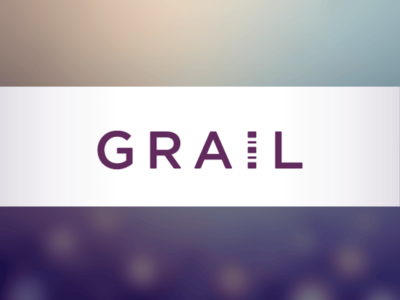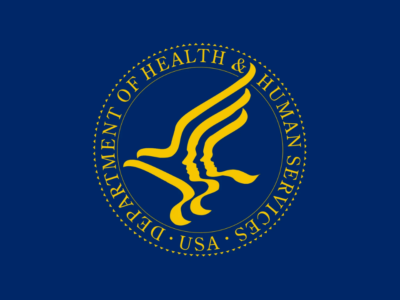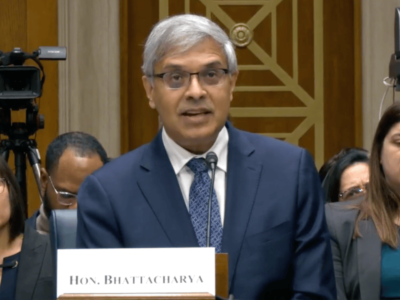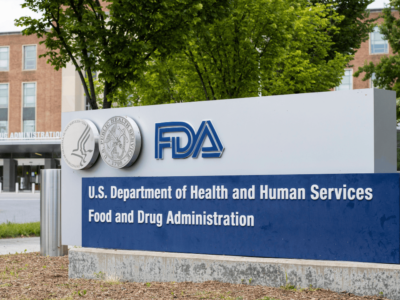A Super Bowl LX commercial by Hims & Hers, a controversial direct-to-consumer medication platform, featured the company’s new offering: Galleri, a multi-cancer detection test produced by GRAIL Inc.
FDA has approved drug labeling changes to six menopausal hormone therapy products, also known as hormone replacement therapy.
HHS is withdrawing the “340B Rebate Model Pilot Program” that was intended to go into effect on Jan. 1, according to a joint motion filed last week.
Pressed by Sen. Bernie Sanders (I-VT), NIH Director Jay Bhattacharya acknowledged that he is not aware of any study pointing to a causal link between vaccines and autism.
TrumpRx, a direct-to-consumer drug purchasing platform, limited to self-pay patients, is live, as of Feb. 5.
NIH announced Jan. 29 that “Basic Experimental Studies Involving Humans,” also called BESH, will no longer be considered clinical trials and will therefore no longer be subject to the requirements under the NIH definition of a clinical trial, including registration and reporting requirements in ClinicalTrials.gov.
FDA has launched a venture in onshoring domestic drug development called the Precheck Pilot Program.
NIH is suspending the addition of new human embryonic stem cell lines to the Human Embryonic Stem Cell Registry, all while looking for alternatives. The agency also issued a request for information on “emerging biotechnologies to reduce or potentially replace remaining research reliance on human embryonic stem cells.”
The Center for Medicare and Medicaid Services is entering negotiations with drugmakers over the price of 15 medications this year. The newly announced list includes four drugs used to treat cancer.
Around 31,000 healthcare workers in California and Hawaii joined the picket line Jan. 26 as the United Nurses Associations of California/Union of Health Care Professionals and Kaiser Permanente reached an impasse in contract negotiations.xxx:moreThis is while 15,000 nurses are in their third week of striking in New York City in what the New York State Nurses Association













